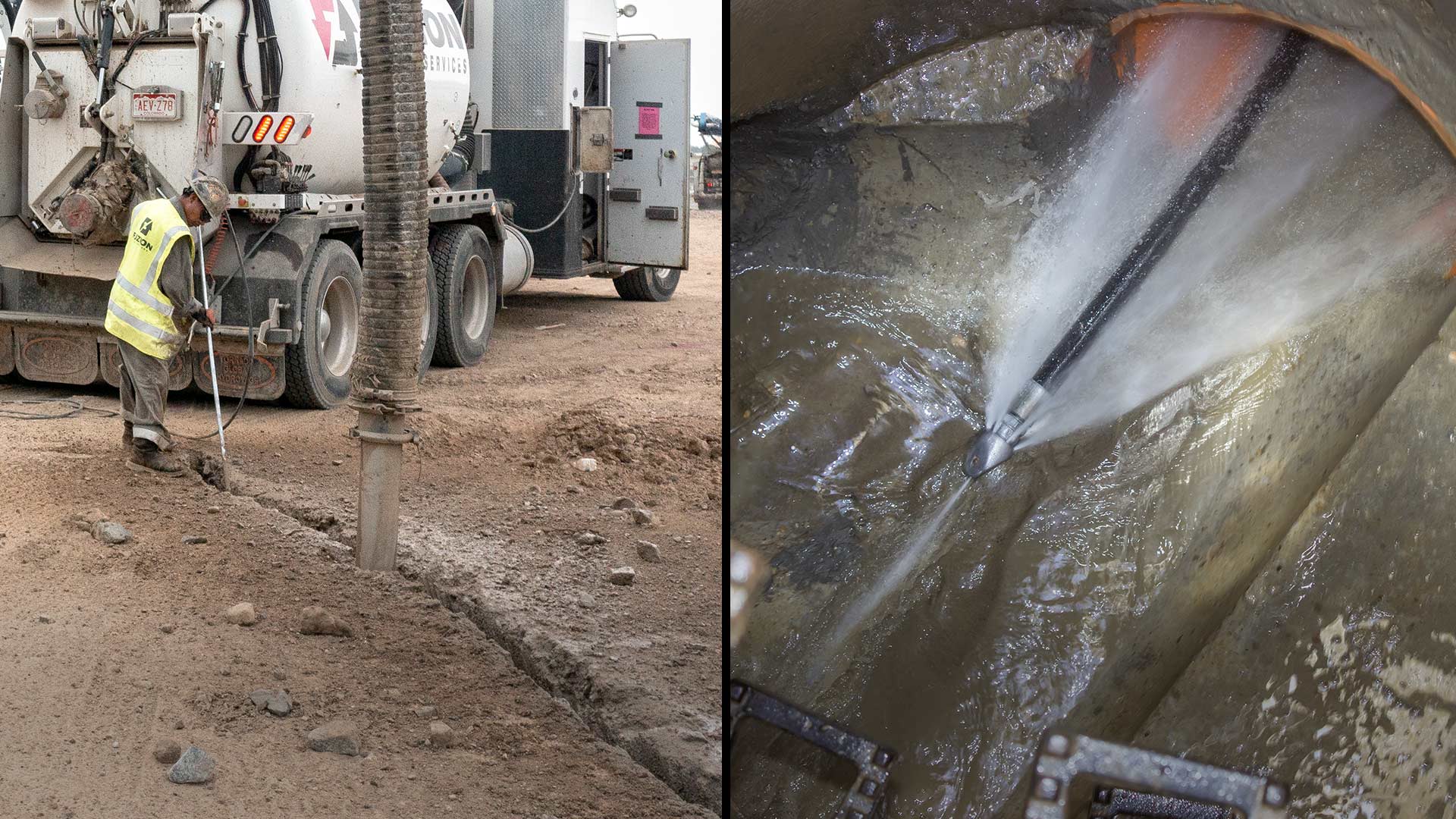Energy conservation is a critical concern in our modern world, and every aspect of our daily lives plays a role in this effort. One often overlooked but impactful avenue is regular plumbing maintenance. How hydro excavation in Green Bay routine plumbing care can contribute significantly to energy conservation, from addressing leaks to embracing sustainable plumbing practices.
In a world grappling with the challenges of climate change and depleting natural resources, energy conservation has become a paramount goal. We often associate energy-saving practices with high-tech solutions, but the role of basic household maintenance, particularly in plumbing, is equally significant.
Understanding Regular Plumbing Maintenance
Before we explore the energy-saving potential of hydro excavation in Green Bay plumbing maintenance, let’s understand what it entails. Regular plumbing maintenance involves the proactive inspection and upkeep of a property’s plumbing system. This can range from fixing minor leaks to ensuring the optimal performance of water heaters and other plumbing fixtures.
The Energy Drain in Leaks
Leaky faucets and pipes may seem like minor nuisances, but their cumulative impact on energy conservation is substantial. According to recent studies, a significant amount of both water and energy is wasted due to untreated leaks. Addressing these issues promptly not only saves water but also reduces the energy required to pump, treat, and heat that water.
The Role of Efficient Appliances
Upgrading plumbing fixtures can be a game-changer in the quest for energy efficiency. Modern, energy-saving plumbing technologies, such as low-flow toilets and aerated faucets, not only reduce water consumption but also decrease the energy needed to operate them. Homeowners can make a significant impact by embracing these advancements.

Water Heater Efficiency
Water heaters are notorious energy guzzlers. However, with proper maintenance, their efficiency can be optimized. Regular flushing to remove sediment, insulating the heater, and setting the thermostat at an energy-efficient temperature are simple yet effective ways to conserve energy in this aspect of plumbing.
Insulation and Conservation
Proper insulation is often associated with keeping homes warm in winter, but its role in energy conservation goes beyond that. Well-insulated pipes prevent heat loss, reducing the energy needed to heat water. Ensuring your plumbing is adequately insulated can result in tangible energy savings over time.
Sustainable Plumbing Practices
Embracing sustainable plumbing materials and practices is another avenue for energy conservation. From choosing eco-friendly pipes to installing water-saving irrigation systems, the options are diverse. Sustainable plumbing not only benefits the environment but also contributes to long-term energy efficiency.
DIY Plumbing Tips for Homeowners
Homeowners can play a proactive role in energy conservation through simple do-it-yourself (DIY) plumbing tasks. Fixing minor leaks, insulating pipes, and maintaining plumbing fixtures are tasks that, when performed regularly, can lead to significant energy savings. Empowering homeowners with these skills is a step towards a more energy-efficient future.

